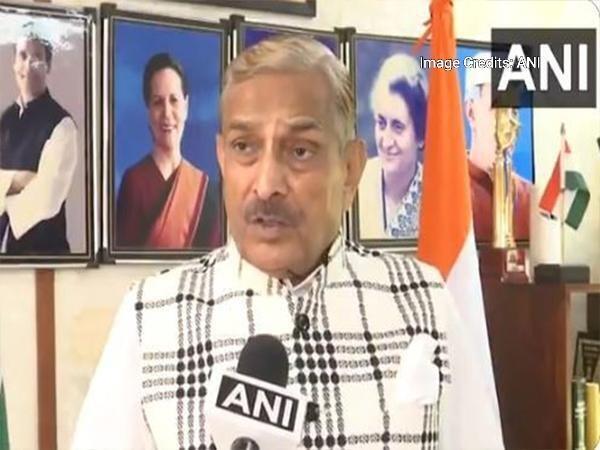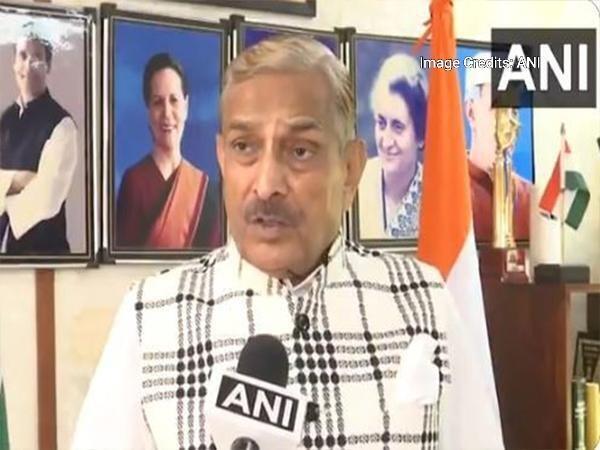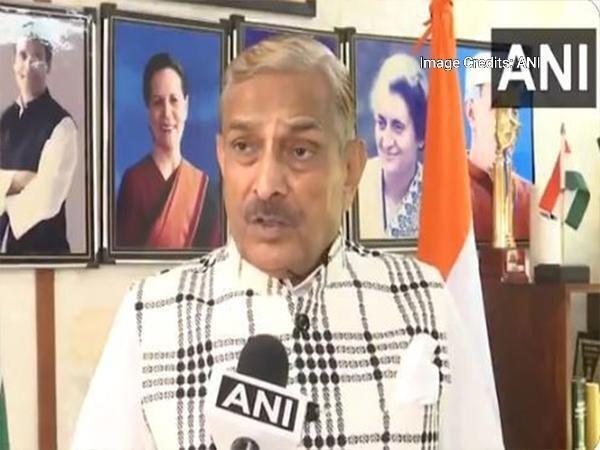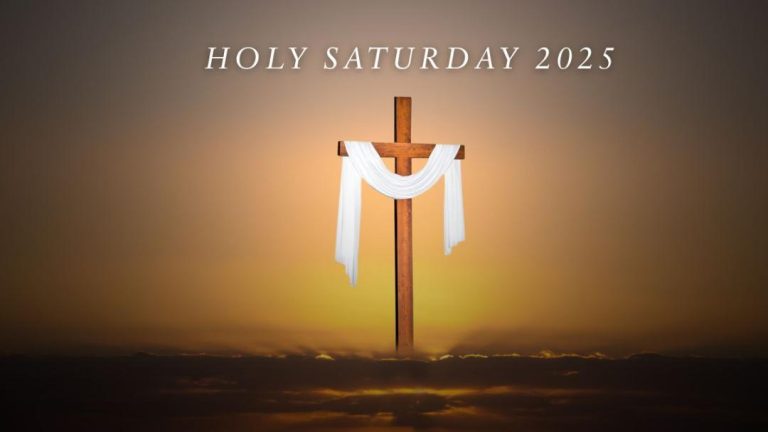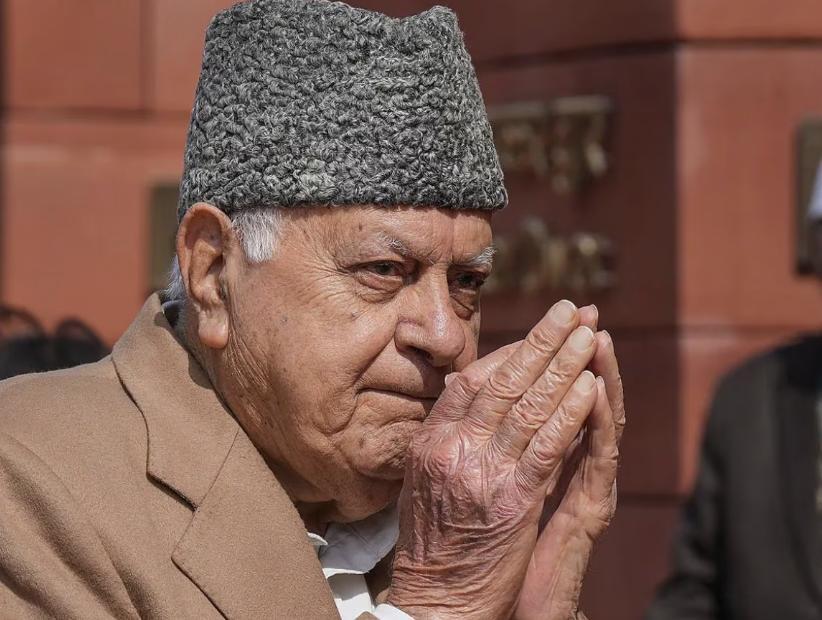
Ex-R&AW chief Dulat claims Farooq privately backed Article 370 abrogation, he denies
The abrogation of Article 370, which granted special status to Jammu and Kashmir, has been a topic of intense debate and controversy in recent years. The central government’s decision to scrap the provision has been met with widespread protests and criticism from various quarters, including the National Conference (NC), a regional political party that has historically been a strong advocate for the state’s autonomy.
In his latest book, ‘The Chief Minister and the Spy’, former Research and Analysis Wing (R&AW) chief A.S. Dulat has made a startling claim about the NC’s stance on the issue. According to Dulat, former Jammu and Kashmir Chief Minister Farooq Abdullah privately backed the abrogation of Article 370. This claim has sent shockwaves across the political landscape, with many questioning the veracity of Dulat’s account.
In his book, Dulat reportedly writes that Abdullah’s NC had suggested that the abrogation of Article 370 would have helped in passing the Bill in Parliament. This claim has been vehemently denied by Farooq Abdullah himself, who has called it a “figment of imagination” of the author who claims to be his friend.
The controversy surrounding Dulat’s claim has once again highlighted the complex and often contentious relationship between the central government and the state of Jammu and Kashmir. The NC has long been a vocal critic of the central government’s handling of the state, and the party’s leaders have repeatedly expressed their opposition to the abrogation of Article 370.
Farooq Abdullah, who was the Chief Minister of Jammu and Kashmir from 1987 to 1990 and again from 2002 to 2005, has been a key figure in the state’s politics for many years. He has been a strong advocate for the state’s autonomy and has consistently opposed any attempts to undermine its special status.
The central government’s decision to scrap Article 370 was taken in August 2019, and it has been widely criticized by politicians, activists, and ordinary citizens across the country. The move has been seen as a major setback for the state’s autonomy and has led to widespread protests and unrest in the region.
The controversy surrounding Dulat’s claim about Farooq Abdullah’s support for the abrogation of Article 370 has raised several questions about the nature of the relationship between the central government and the state of Jammu and Kashmir. It has also highlighted the complex and often contentious nature of the political landscape in the region.
In his book, Dulat reportedly writes that he had several meetings with Farooq Abdullah in the 1990s, during which the NC leader expressed his concerns about the state’s autonomy and the need for greater cooperation between the central government and the state. Dulat claims that Abdullah told him that the NC’s opposition to the central government’s policies was not driven by a desire to provoke conflict, but rather by a genuine desire to protect the state’s autonomy.
Dulat’s claim about Farooq Abdullah’s support for the abrogation of Article 370 has been met with skepticism by many in the state, who see it as an attempt to discredit the NC leader and undermine his credibility. The NC has long been a key player in the state’s politics, and its leaders have consistently opposed any attempts to undermine the state’s autonomy.
The controversy surrounding Dulat’s claim has also raised questions about the role of intelligence agencies in shaping the country’s politics. The R&AW has a long history of involvement in the country’s political affairs, and its agents have often played a key role in shaping the country’s foreign and domestic policies.
In conclusion, the controversy surrounding Dulat’s claim about Farooq Abdullah’s support for the abrogation of Article 370 has raised several important questions about the nature of the relationship between the central government and the state of Jammu and Kashmir. It has also highlighted the complex and often contentious nature of the political landscape in the region.
As the country continues to grapple with the consequences of the central government’s decision to scrap Article 370, it is clear that the relationship between the central government and the state of Jammu and Kashmir will remain a critical issue for many years to come. The controversy surrounding Dulat’s claim has shown that even the most seemingly settled issues can be reopened and reinterpreted in unexpected ways, and it is likely to continue to shape the country’s politics for many years to come.
Source: https://repository.inshorts.com/articles/en/PTI/5880e3bf-0a05-40d6-887a-465b5c760b3a
